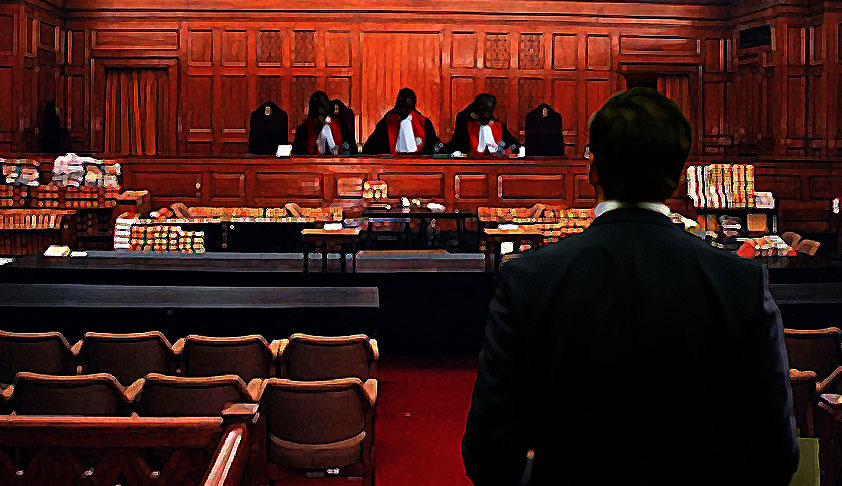Why Should Advocates Be ‘On Their Legs’ In Courts: NHRC Asks BCI To Look Into Advocate’s Complaint
akanksha jain
2 July 2018 12:46 PM IST

Next Story
2 July 2018 12:46 PM IST
In legal language, an advocate is said to be “on his/ her legs” when appearing in a court of law.However, this practice of advocates being on their legs while arguing at the Bench left an advocate from Ludhiana wondering if there were any rules calling for such a practice which, to him, amounted to inhuman treatment of advocates.Hariom Jindal, an advocate practicing in district courts...
